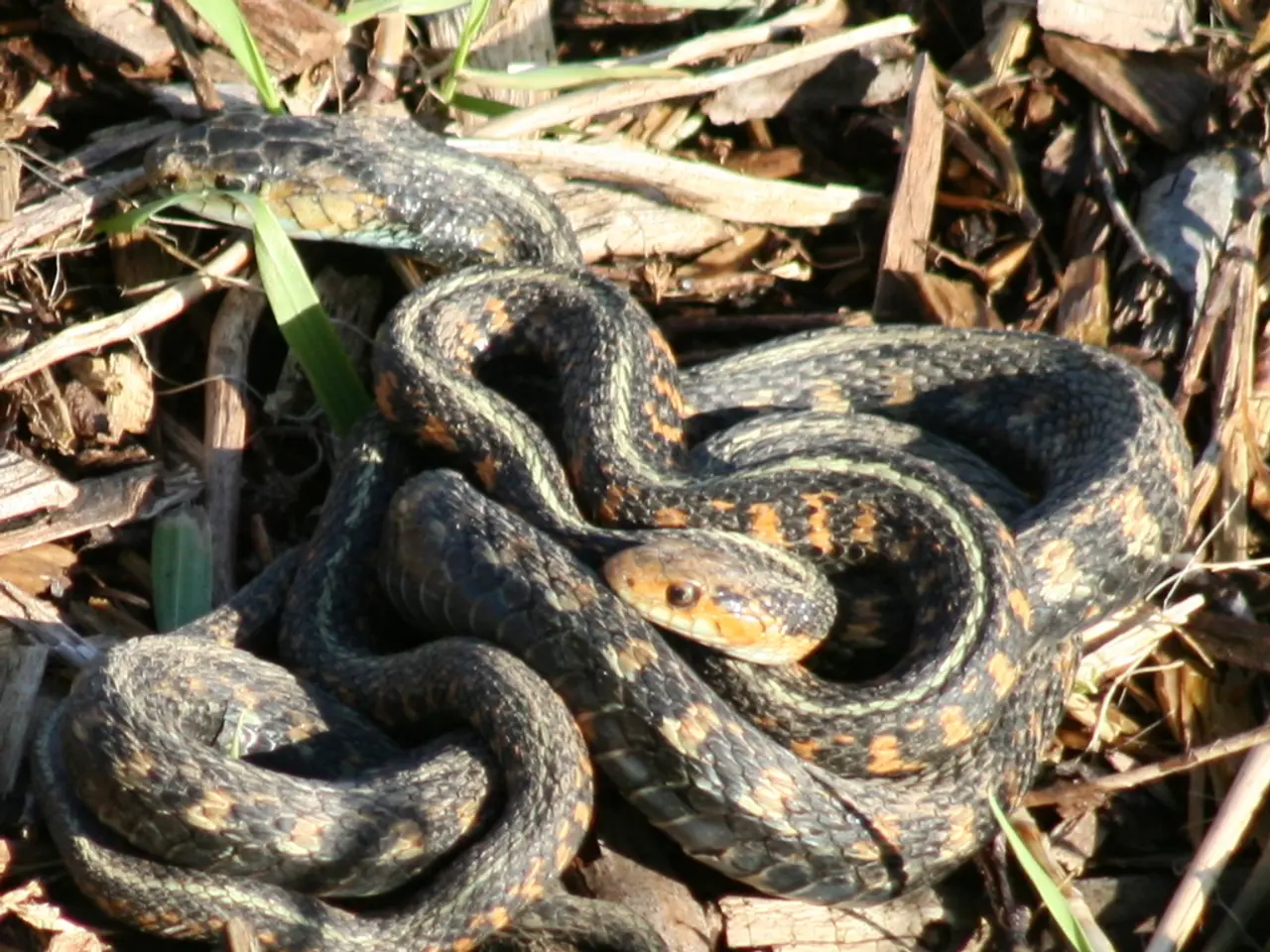Navigating Falsehoods in Wilderness Survival: Exposing Prevalent Misconceptions
In the wilderness, understanding the reality of survival techniques is crucial for safety. Here are some common myths debunked, along with advice for safer practices.
One such myth is the belief that consuming urine can provide hydration in survival situations. However, this is a dangerous misconception that can lead to severe consequences. The harmful effects of consuming urine include accelerated dehydration, kidney overload and potential failure, and reintroduction of toxins and harmful pathogens into the body. Urine contains concentrated salts, waste products, and potentially bacteria or viruses, which the kidneys have already filtered out to be expelled. Drinking it forces the kidneys to filter these waste products again, placing a heavy burden on them and potentially causing symptoms similar to kidney failure. The high salt content in urine actually worsens dehydration rather than alleviating it, as the body requires more water to process these salts. Additionally, consuming urine can introduce harmful bacteria, viruses, or parasites, increasing the risk of infection.
Another myth involves building a fire beneath a tree. This practice can lead to disastrous outcomes, such as wildfires. To ensure fire safety, choose a clear, open area away from flammable materials. Understanding proper fire safety practices can help avoid unintended consequences and environmental degradation.
Relying on moss for navigation is also unreliable. Moss growth is influenced by environmental factors such as moisture and shade, making it an unreliable indicator of direction. Effective navigation techniques include using the sun, stars, or a compass.
Avoid attempting to suck out venom from a snake bite, as it is ineffective and can cause harm. Modern first aid guidelines for snake bites advise against venom suction and emphasize seeking immediate medical assistance. Proper response protocols for snake bites include remaining calm, immobilising the bitten area, keeping it below heart level, and seeking immediate medical attention.
Safer alternatives for obtaining hydration in the wilderness include collecting rainwater or treating natural water sources such as streams, rivers, or lakes with portable filters or purification tablets. Melting snow using heat from a fire or by keeping it close to your body is a safer approach to obtaining hydration from snow.
Awareness and education play key roles in combating wilderness survival myths and fostering safer practices during outdoor adventures. By understanding the reality and effective techniques, adventurers can make informed decisions and ensure their safety in the wilderness.
References:
[1] National Park Service. (2021). Wilderness Survival Myths. Retrieved from https://www.nps.gov/subjects/safety/wilderness-survival-myths.htm
[2] Mayo Clinic. (2021). Drinking urine: Is it safe? Retrieved from https://www.mayoclinic.org/healthy-lifestyle/first-aid/expert-answers/drinking-urine/faq-20058300
[3] Wilderness Medical Society. (2020). Wilderness Medicine Practice Guidelines. Retrieved from https://wms.org/wilderness-medicine-practice-guidelines/
- In the realm of wilderness survival, it's crucial to debunk myths like the one claiming consuming urine offers hydration; doing so can lead to severe consequences such as kidney overload and potential failure.
- Instead, practicing safe hydration techniques, like collecting rainwater or treating natural water sources, is essential for one's health and wellness in the wilderness.
- Navigation in the wilderness requires reliable practices such as using the sun, stars, or a compass instead of counting on unreliable methods, like relying on moss growth for direction.
- For fire safety, choose a clear, open area away from flammable materials, as building a fire beneath a tree can lead to wildfires.
- In cases of snake bites, follow proper first aid guidelines and avoid ineffective measures, like attempting to suck out venom, which can cause harm and delay necessary medical attention.
- Embrace science and education to combat wilderness survival myths and promote fitness-and-exercise, mental-health, nutrition, and overall health-and-wellness during outdoor adventures.
- Strive to make informed decisions based on accurate information to ensure safety and security in remote environments.
- Always remember that knowledge is power, and understanding the reality of survival techniques can help navigate the wilderness with confidence and peace of mind.




